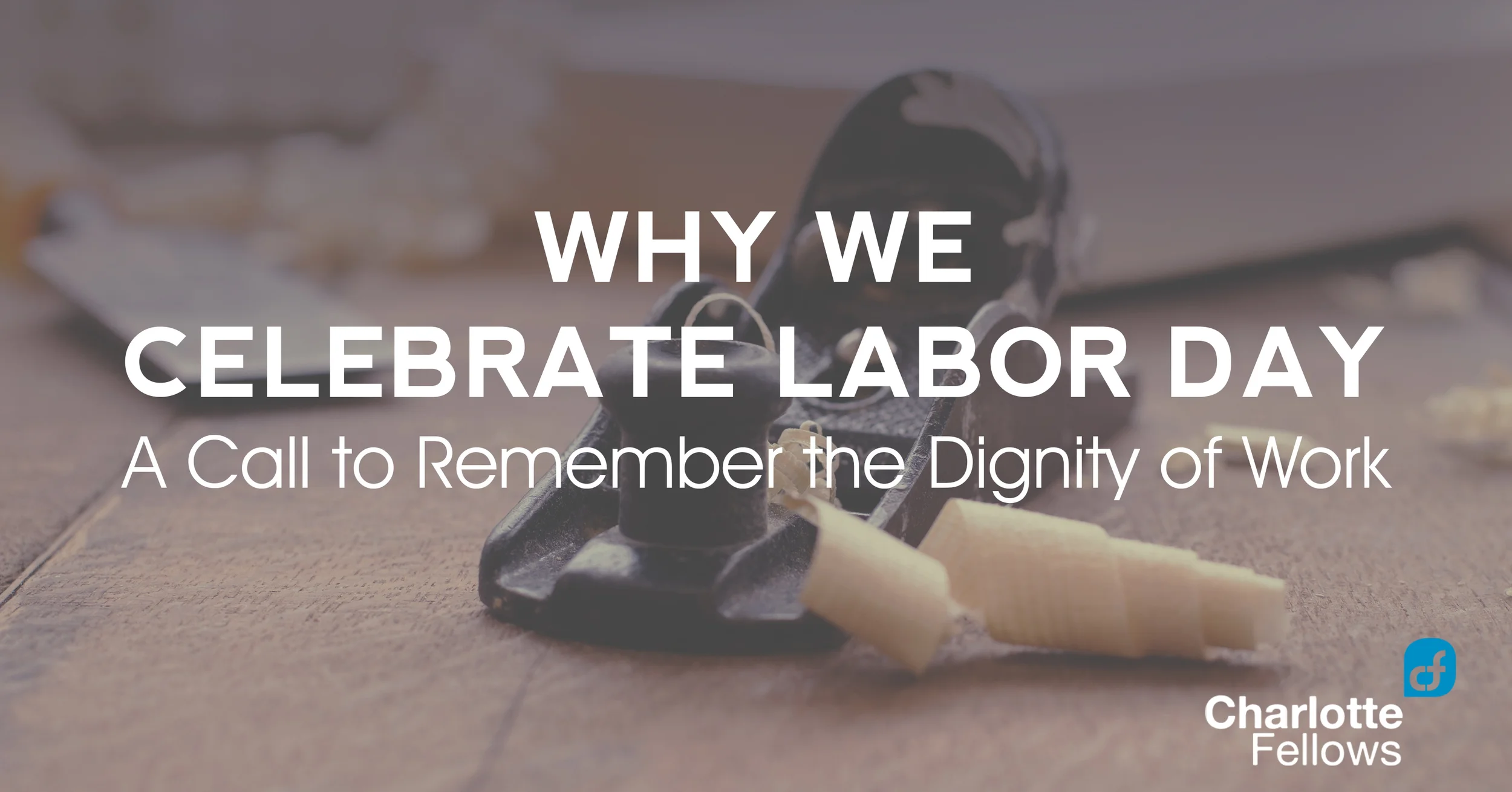The following post comes from Dr. R. Albert Mohler Jr.'s popular podcast The Briefing, a daily analysis of news and events from a Christian worldview.
As we go into the weekend and think of Monday, we are reminded that for over a 100 years we've had the holiday of Labor Day. We need to be reminded historically this holiday emerged from the great labor movement in the United States. That's a very important movement, and it played a very important role in American history.
But what we're looking at right now with Labor Day is the fact that most Americans simply see it as a holiday. They're really not thinking about the dignity of labor, whether that's tied to the historic movement in America or to labor just in terms of the general human activity of work.
This is where Christians would rightly look at Labor Day as an opportunity to remember that labor is a reflection of the fact that we are made in God's image. The imago Dei, as the Scripture defines it, is the image of God in us. God made us in his image, and one crucial dimension of that image is the fact that we are made to work.
Thus for Christians, work is never merely work. We come to understand that every Christian indeed has a vocation, which in its essence means a calling. Every one of us has the opportunity by the calling God gives to us to show God's glory in a fallen world in a way that can only be shown by the fact that made in his image, we work.
Work can be exhausting. Work can be tedious. Work can be tiring. But work always has an inherent dignity. One of the things that is clear from the Christian worldview is that even as Francis Schaeffer once said, "There are no little people and there are no little places," there are also no little jobs.
Every job that makes a contribution to human civilization is a job that has dignity. And every worker should know the dignity of that work. In terms of the Biblical worldview, work is not itself a symptom of the fall. The fact that work is so difficult–-now that's a symptom of the fall. Adam was not told that as a result of his sin he would have to work; he was just told that his work was going to be far harder.
The Bible affirms that in the truest possible sense we were made to work, and our work is a reflection of the fact that we are made in God's image. And thus our faithfulness in work should be seen as the fulfillment of a vocation, a calling that is given to every one of us.
We also as Christians then need to remember that a job is not always tied to a paycheck; it's not always tied to a job title. We come to understand that being a mother is also a vocation; that there are dimensions of human labor to the glory of God that will never have a job description and will never have a title. And for Christians, Labor Day should afford us the opportunity for reflection on the Biblical command that in all things we are to do all things to the glory of God.
So as you gather together with friends and family for Labor Day, you might have a picnic. But just remember: life wasn't supposed to be a picnic. We were made for work and until Christ comes, that work is to his glory.


